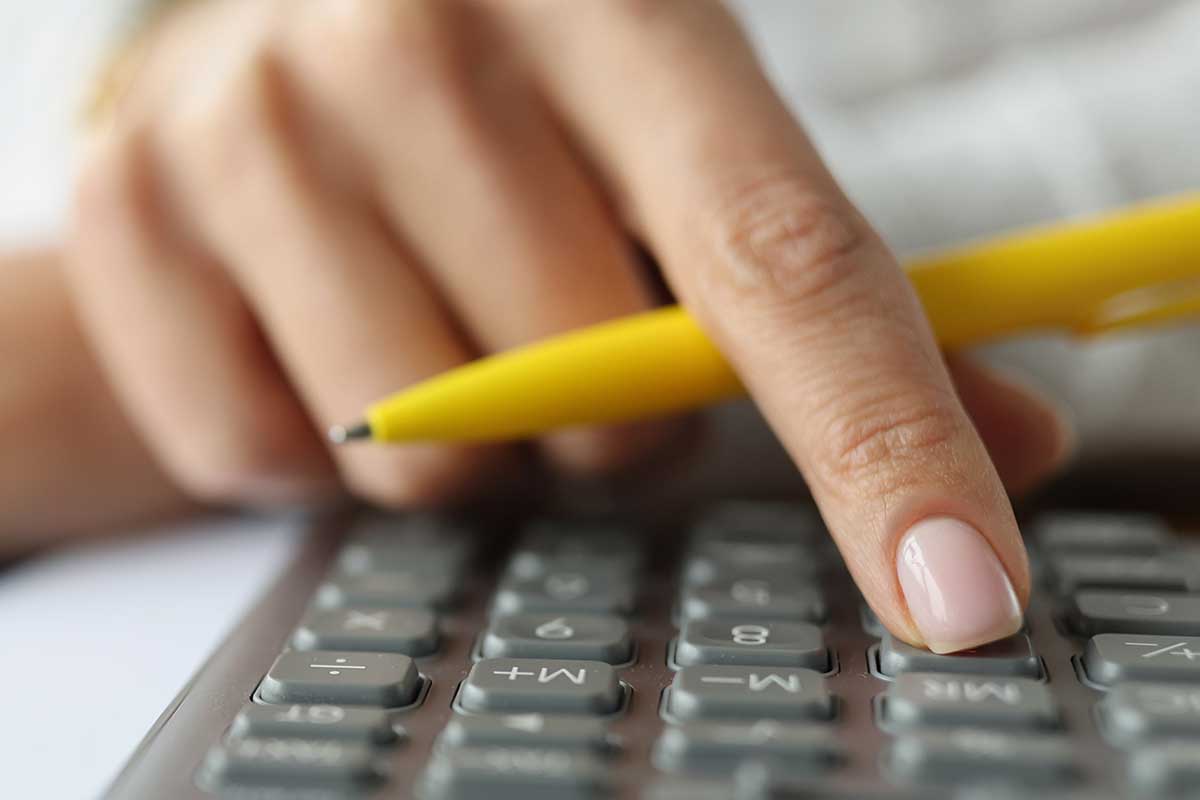The Calculator And Its Various Functions
Calculators have existed for a very long time. It is the most fundamental instrument for managing day-to-day financial equations. Although the appearance and design of calculators have changed dramatically over time, people have moved on from using hand-held button ones to their cellphones’ built-in options.
However, the allure of using a pocket calculator has remained the same, and there are numerous functions that such calculators can perform. There are several options if you wish to buy a calculator Australia.
What is a calculator?
A calculator is a hand-held device that can conduct calculations ranging from simple arithmetic to sophisticated mathematics. With 2569900 active trading businesses in Australia ( as of June 2022), the need for calculators is sure to grow for calculating finances.
Uses of a calculator
Most of you have a rudimentary calculator, which is usually in the form of a smartphone. When dealing with complex problems, these calculators can work miracles. But what if there is a requirement for advanced maths and science procedures to be implemented? In that case, you will have to work on one of the calculators in Australia. Here are some examples of calculator applications.
- Perform fundamental operations such as addition, subtraction, multiplication, and division.
- It can aid with logarithms, commonly used in medicine and engineering.
- It can be used by trigonometry and calculus students to solve sine, cosine, and tangent functions.
- Scientific calculators can handle complex maths problems as well as calculate scientific notations.
- Many calculators can also aid in the solution of binary function problems that are difficult to solve without the use of a calculator.
Not every calculator has all these features; some may have more complex features. A calculator in Australia costs roughly $12 and up to $250, depending on its capabilities and usage.
Different variants of calculators
Some of the variants for multiple usages are as below:
- AU Scientific FX-8200: This is one of Australia’s most advanced calculators, and examination authorities have even approved it. It can solve complex issues quickly and be used by anyone over seven. It has a large, easy-to-read dual-line display.
- Graphing Calculator: This calculator, which can be purchased for roughly $250 in Australia, is a new-generation 3D colour graphic model that continues the legacy of innovation. It has 4.5 MB of internal storage space and can perform advanced 3D graphic operations.
- Desktop calculator: It is helpful for tax calculations and currency trading. These are typically constructed of plastic buttons and have a wide display for easy reading.
- Pocket calculator – Pocket calculators are basic calculators used to solve simple mathematical calculations. It is most useful for addition, subtraction, division, and multiplication and may be used by people of all ages.
These are just a few names from a vast list, and the choice of calculator heavily depends on the consumer’s needs. Only some require a scientific calculator and may use a basic one to tackle common financial problems.
How to keep a calculator?
A calculator is typically a pocket-sized device that can be readily carried. To save its power and the battery, place it in a safe cover and turn it off until needed. All of the calculators have an on/off switch built in. If there is dust on the calculator, wipe it down with a clean cloth or a little brush to clean the keys.
Conclusion
There is no doubt about how valuable a calculator can be, particularly for people who work with complex mathematical calculations all day or for students studying medicine or engineering. People can select a calculator based on their needs and preferences.




















